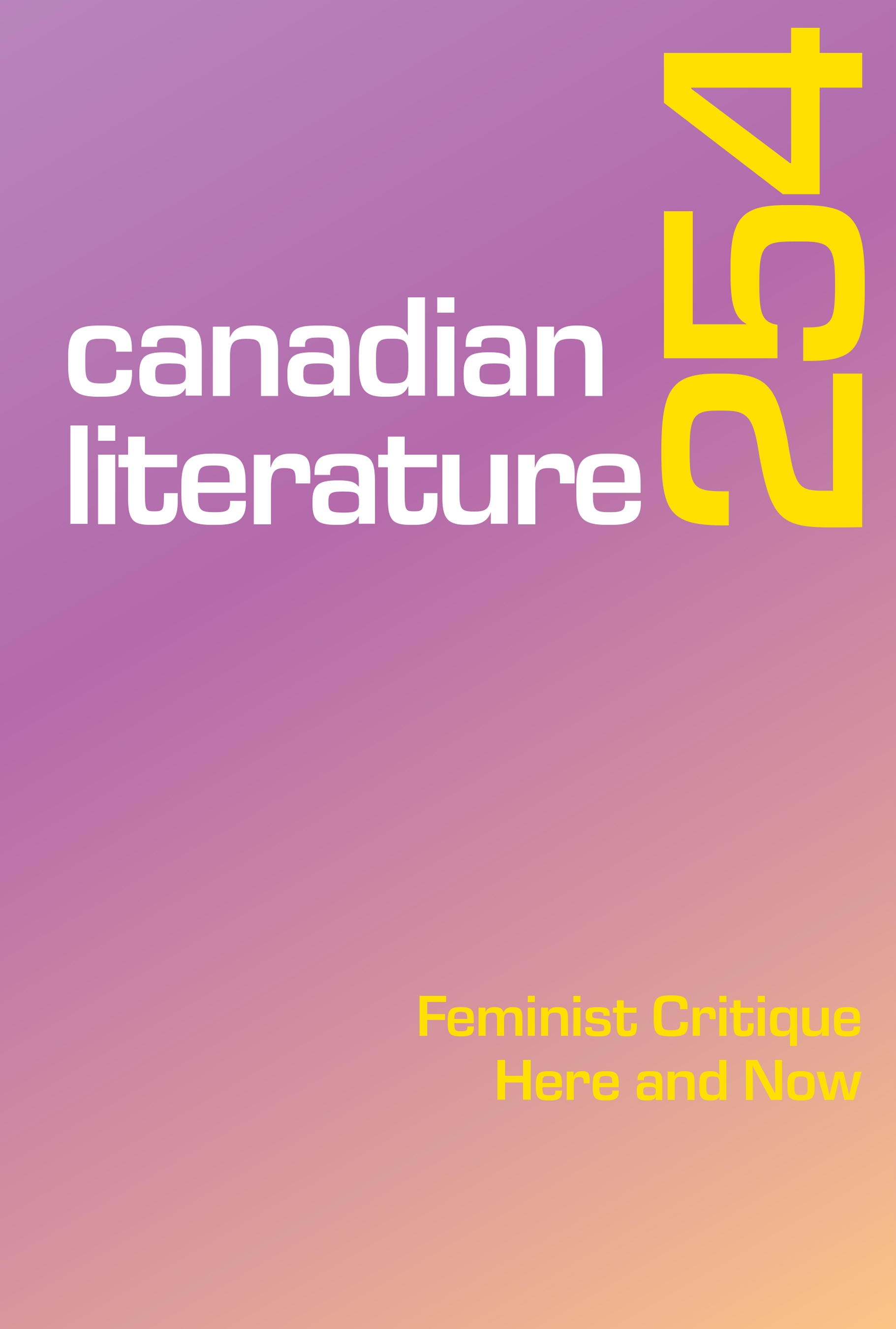Theory in Practice, or, CanLit Is So Paranoid, You Probably Think This Essay Is about You
Abstract
Teoria, the PhD candidate-narrator of Dionne Brand’s Theory (2018), is a distinctly paranoid reader. Their interdisciplinary thesis works to expose the false consciousness that mires others in anti-liberatory stasis. Like Teoria, many Canadian literature scholars are skillful practitioners of hermeneutic suspicion, an approach whereby critique provokes meaningful change by revealing subjects’ complicity with the same ideologies that do them harm. Paranoid reading offers the field a reproducible method for uncovering inequitable systems’ contradictions and slippages. But what if paranoid reading reiterates rather than repairs CanLit’s damage? For all their analytical strength, the hermeneutics of suspicion anchor scholarly analysis to disembodied claims of empirical distance, mastery, and individual refinement, each one a vector for settler-colonial (il)logics. This article challenges paranoid reading’s efficacy as a theory of change: in Canadian literary studies, hermeneutic suspicion both buttresses (settler) scholars’ sense of objective, masterful knowledge and demobilizes Black, queer, and feminist ways of knowing.


